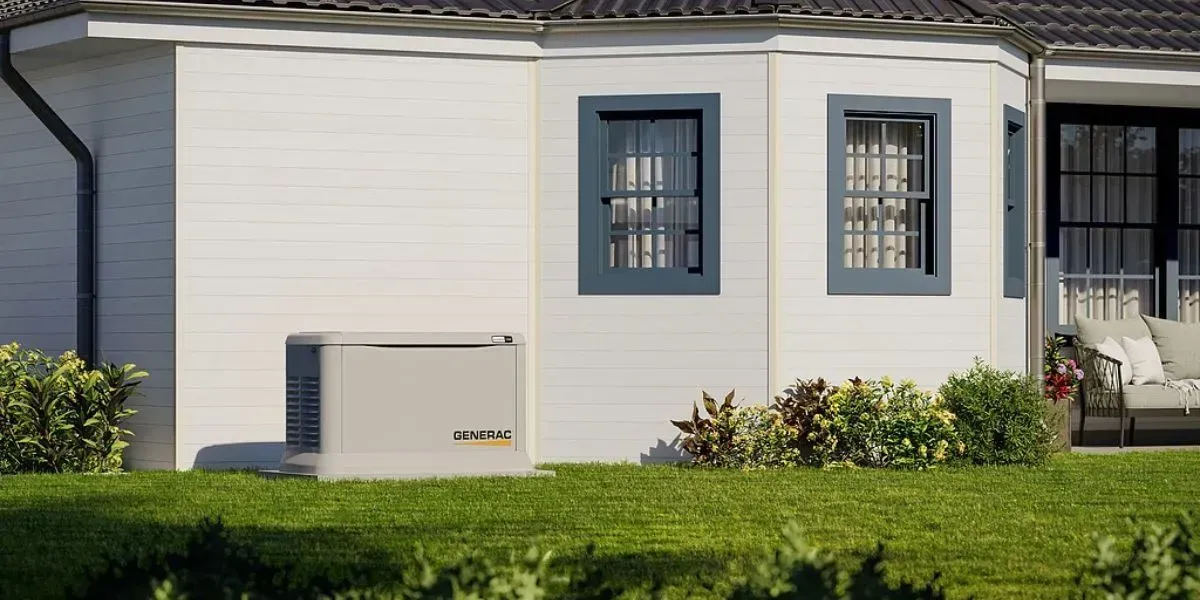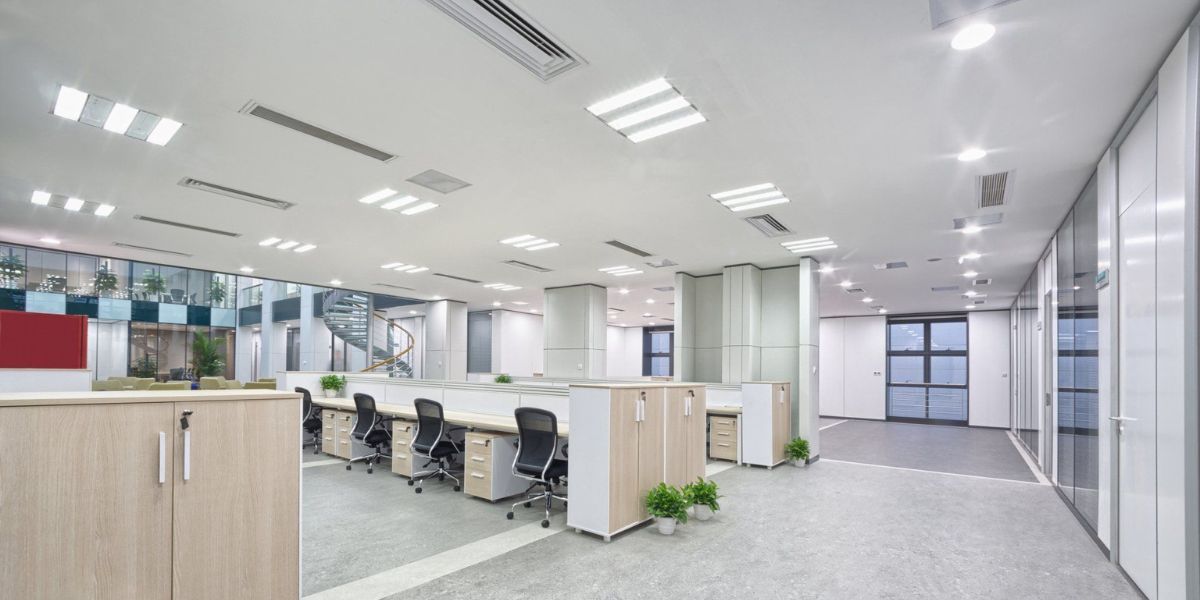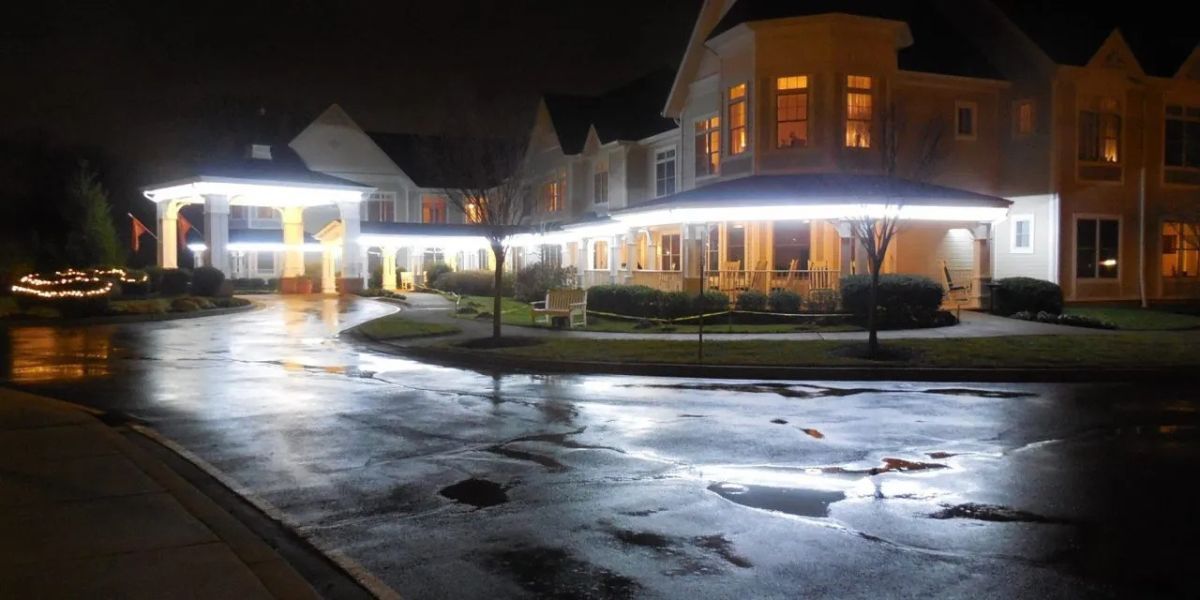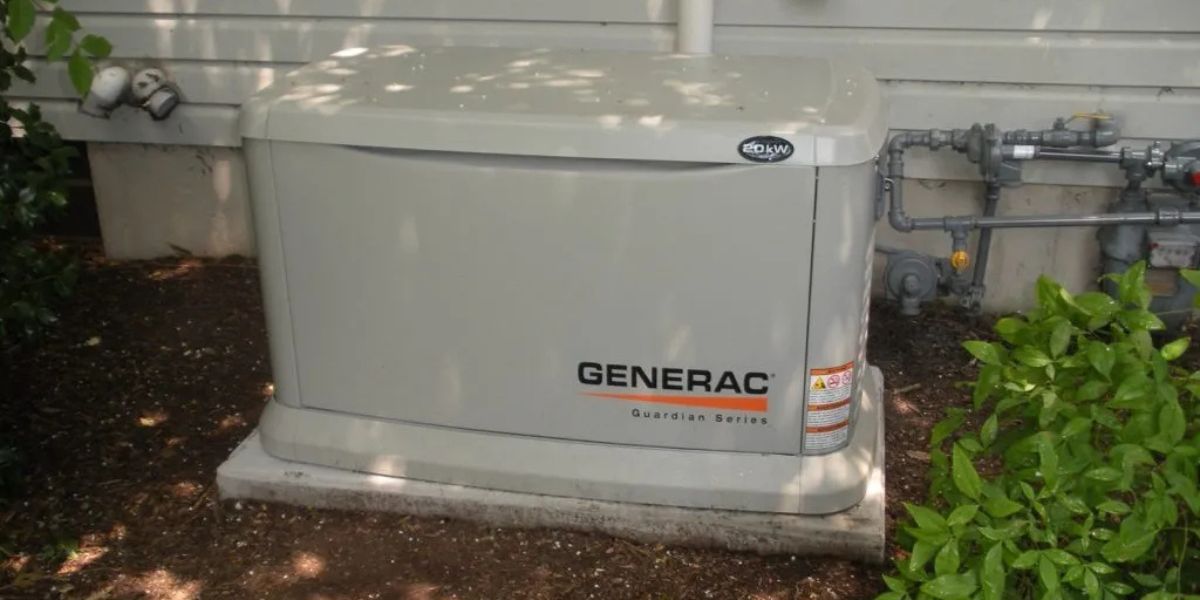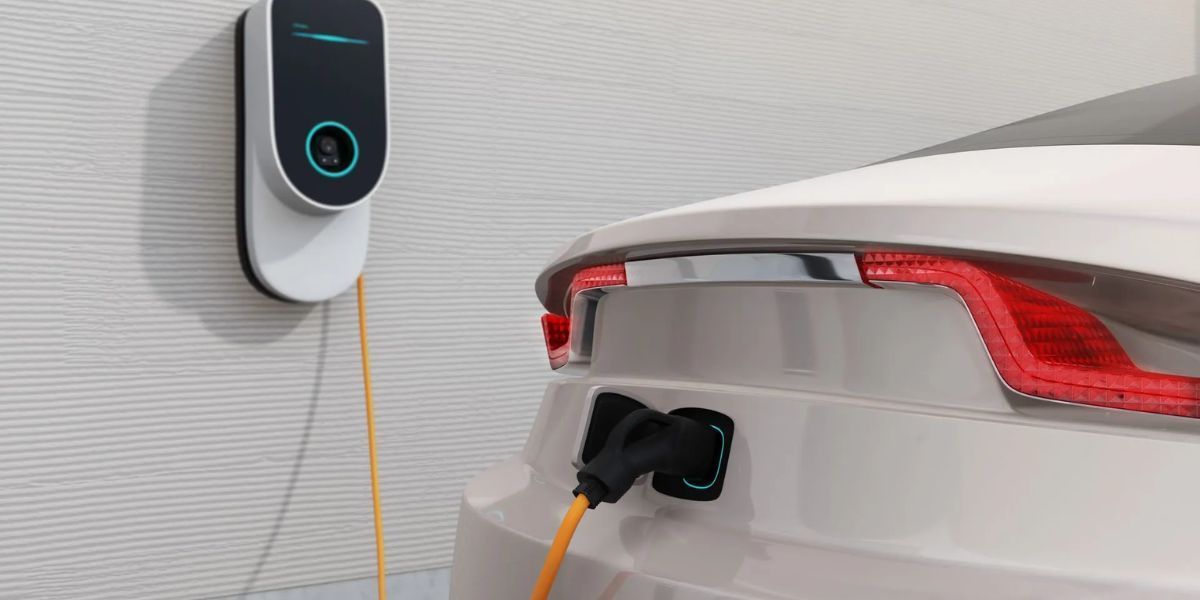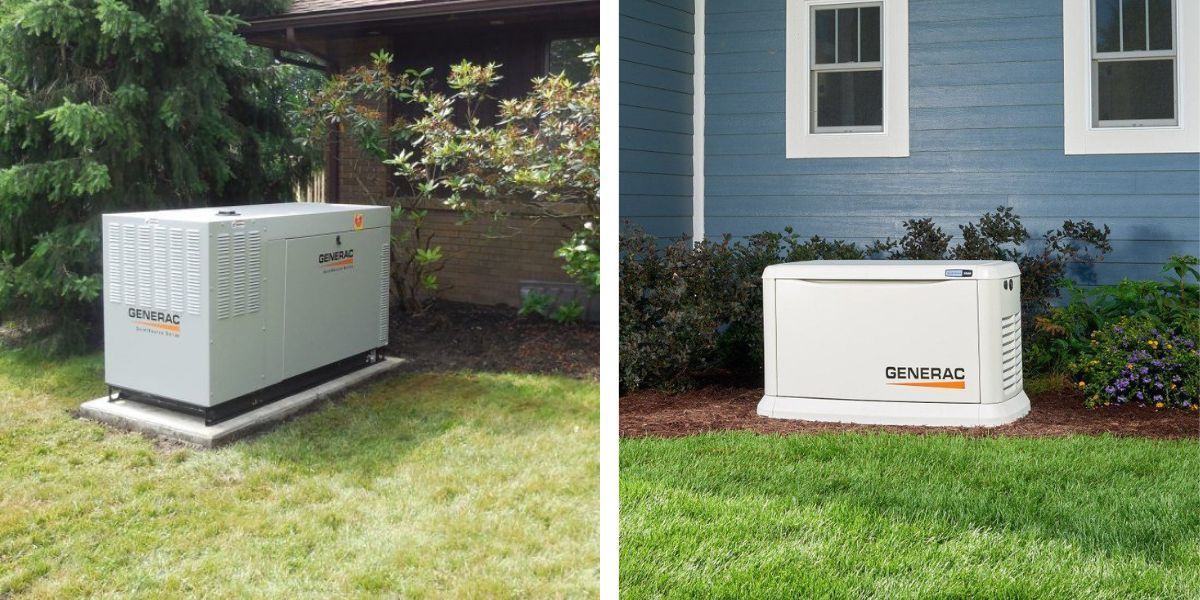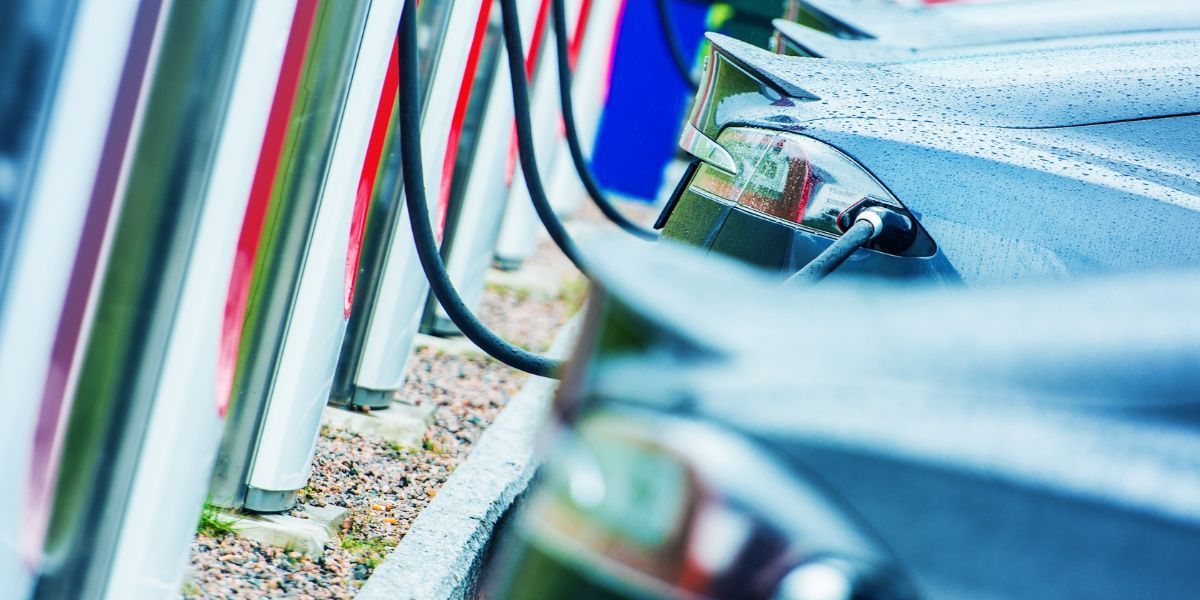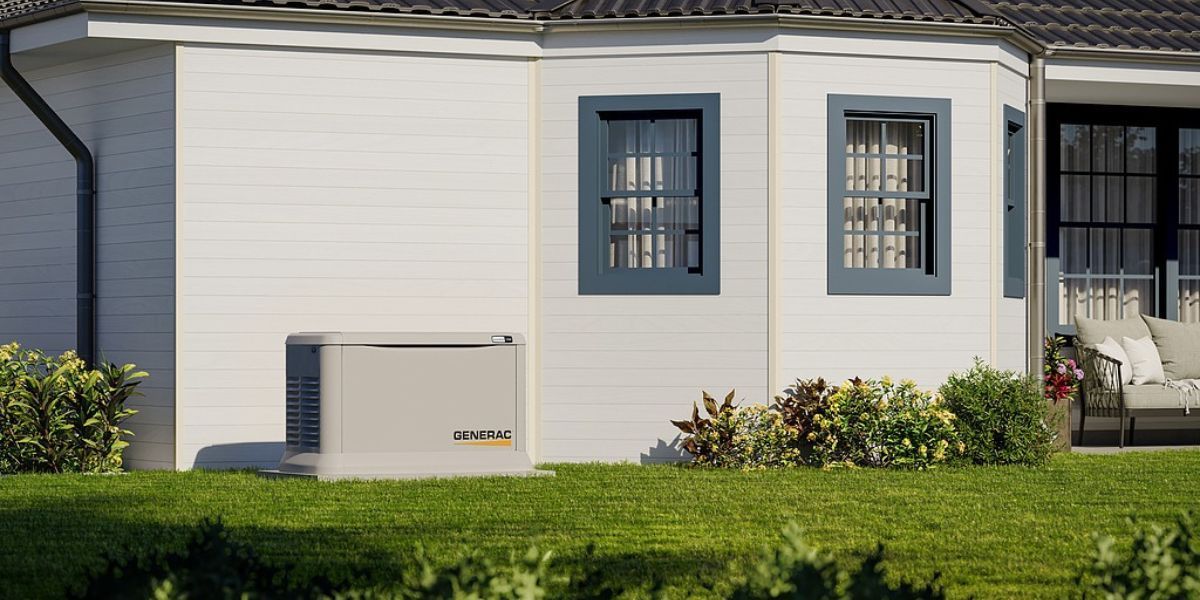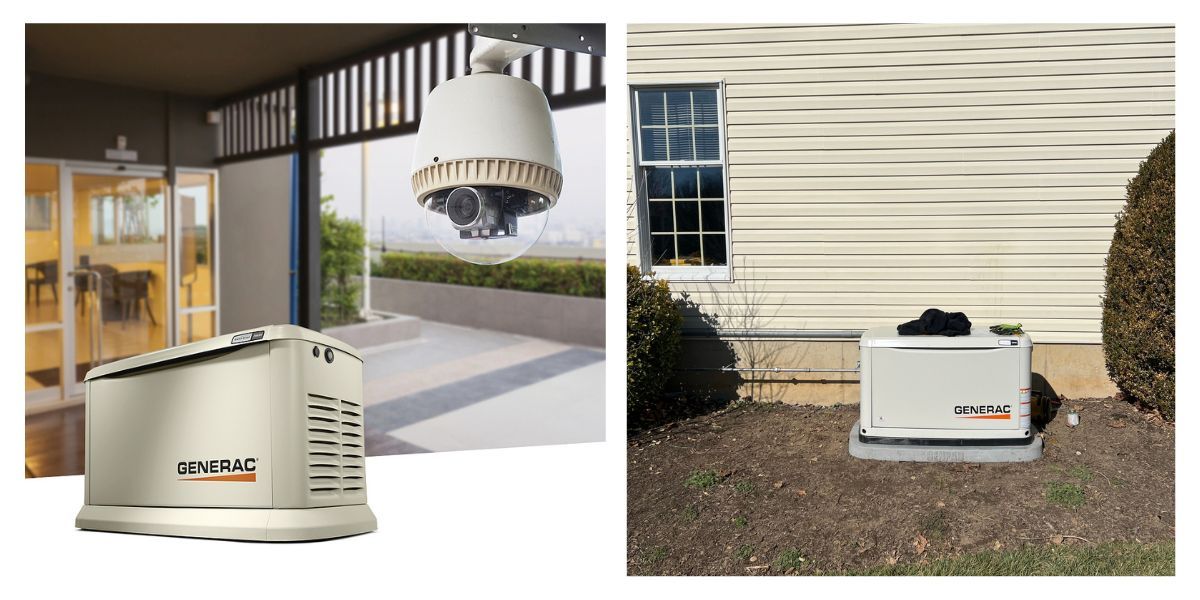BACKUP GENERATOR INSTALLATION: DO’S AND DON’TS FOR HOMEOWNERS
September 26, 2025
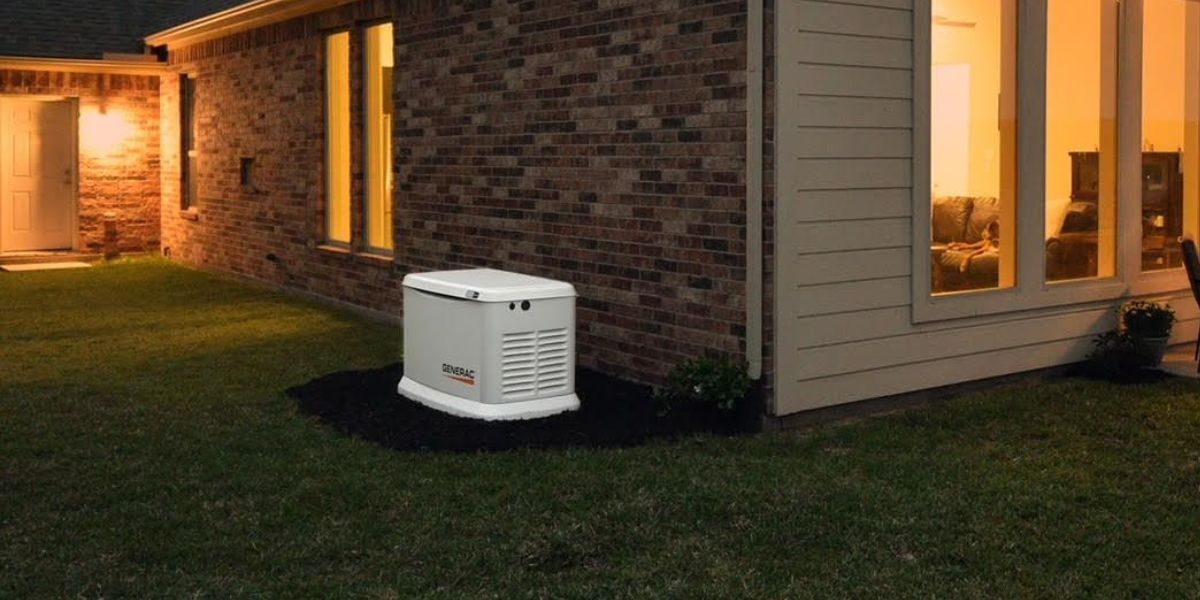
Power cuts can quickly make the life stressful. A power outage can disrupt comfort and safety including spoiling the food in the refrigerator and shutting down the heating or cooling system. If you live in Delaware, you know that hurricanes, storms, or sudden blackouts can cause long periods without electricity.
Proper backup generator installation in Delaware
requires careful planning, professional help, and an understanding of safety guidelines. Let’s explore the do’s and don’ts that every homeowner should know before generator installation.
Do’s of Backup Generator Installation
1. Do Hire Professional Backup Generator Installers
Generators are directly connected to your electrical system, and without proper installation it can cause electrocution, fire hazards, or damage your appliances. Hiring experts ensures your generator will work when you need it most.
2. Do Choose the Right Size Generator
If you have a smaller unit then only essential items like refrigerators, lights, and a sump pump will function, while larger generators can power the entire home, including heating and cooling systems. A professional can know your energy needs and recommend the exact size of generator for your property.
3. Do Follow Local Codes and Permits
In Delaware electrical work and generator installations is required to follow local codes. A professional installer will handle the permits, but as a homeowner, you should be aware of these requirements. It will help you ensure that your installation is safe, legal, and covered by insurance if something goes wrong.
4. Find safe Place for the Generator
Always try to install your backup generator outdoors and keep it away from doors, windows, and vents. The exhaust from a generator contains carbon monoxide, which is dangerous and can even be fatal if it seeps indoors. A professional will place your unit in a well-ventilated area to prevent this risk.
5. Do Schedule Regular Maintenance
Once generator is installed, schedule regular check-ups to keep it ready for emergencies. This includes checking fuel levels, oil changes, and inspecting the system for wear. Many homeowners wait until an outage to turn on their generator, only to find it doesn’t work. Regular servicing avoids this issue.
Don’ts of Backup Generator Installation
1. Don’t Attempt DIY Installation
Generator installation requires electrical knowledge, proper tools, and safety expertise. Attempting installation yourself risks damaging your home’s electrical system, voiding warranties, or creating life-threatening hazards. Always rely on professional backup generator installers.
2. Don’t Install the Generator Indoors or in a Garage
Even if you think opening a window or garage door provides ventilation, installing a generator indoors is extremely dangerous. Carbon monoxide buildup happens quickly and is often undetectable until it’s too late. Generators should only be placed outdoors in approved areas.
3. Don’t Ignore Fuel Storage and Safety
Backup generators run on natural gas, propane, or diesel. If your system requires fuel storage, make sure it’s done safely and in compliance with local codes. Don’t keep fuel inside your home or too close to the generator itself.
4. Don’t Overload the Generator
Trying to power everything in your home at once may strain your generator and cause it to shut down. Overloading can also damage appliances. Make a list of your essential items—like lights, refrigerator, and heating system—and prioritize them during outages.
5. Don’t Forget to Test the Generator
Even with maintenance, it’s a good idea to run your generator periodically to ensure it works correctly. Don’t wait until the next big storm to find out your system has a problem. A quick test run every few months keeps your unit reliable.
Conclusion
A backup generator
is more than just a convenience—it’s a safeguard for your family’s comfort and safety. By hiring professional backup generator installers in Delaware, choosing the right size unit, and following installation guidelines, you’ll avoid costly mistakes and hazards.
Take the time now to plan for a safe and reliable installation. That way, when the next storm hits Delaware, you’ll be ready with the confidence that your backup generator has you covered.


